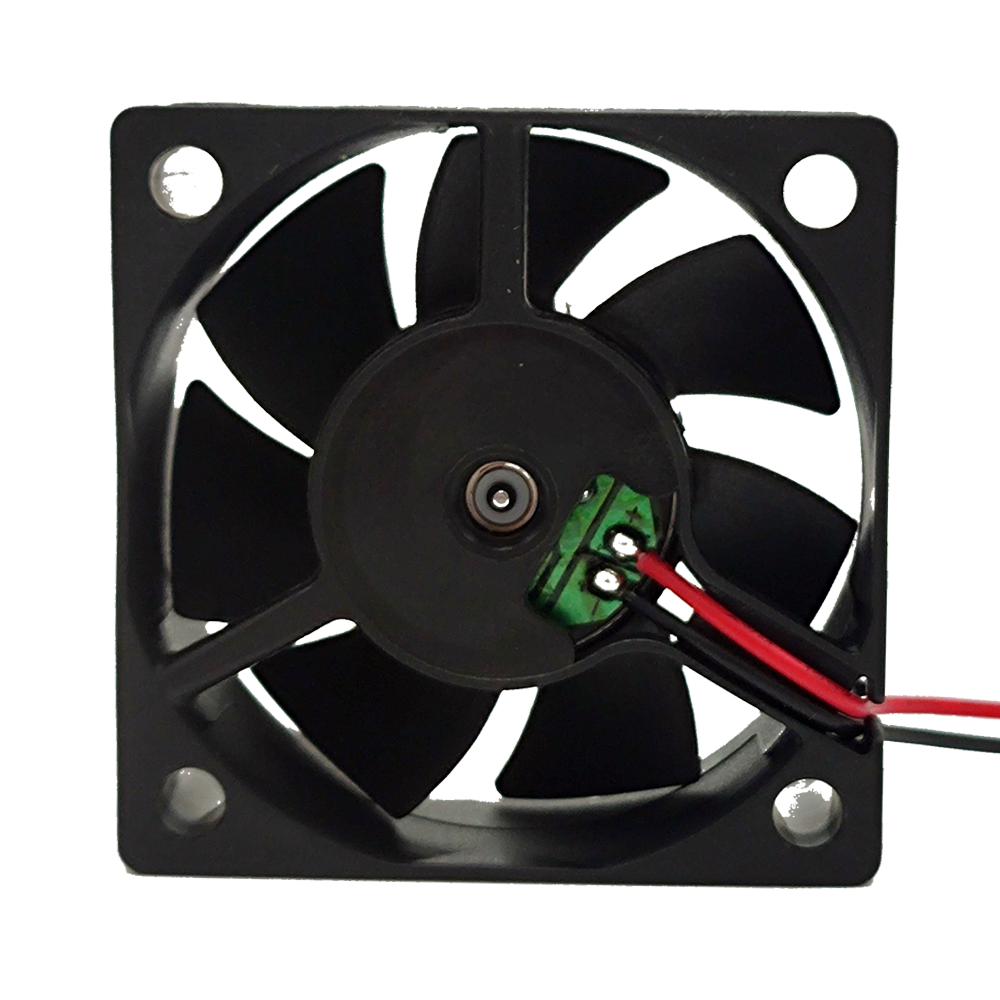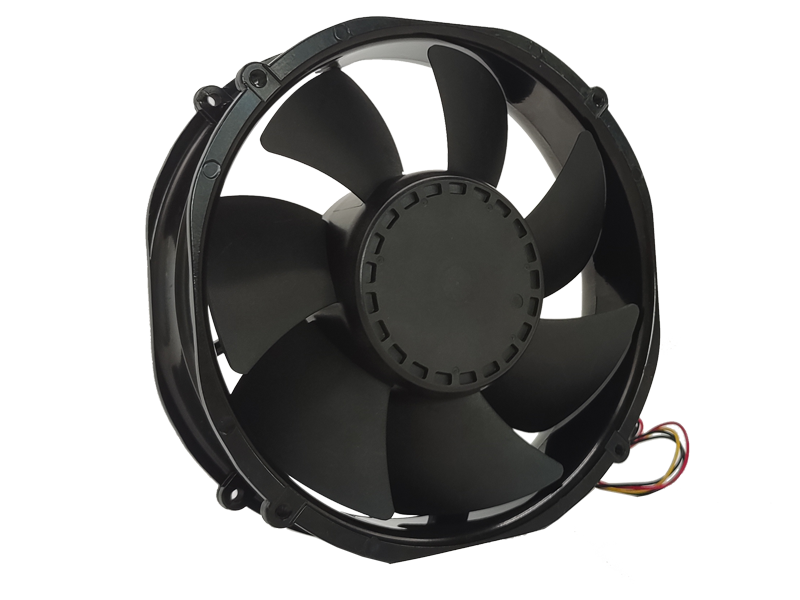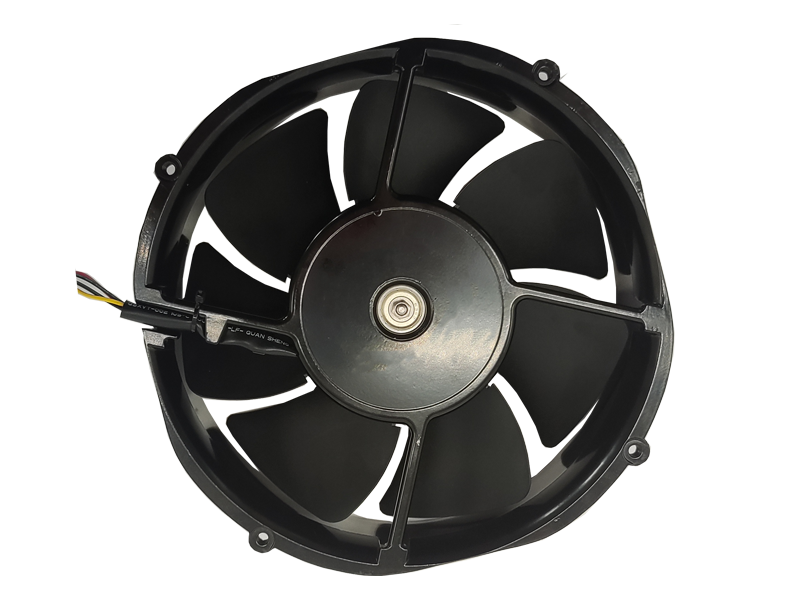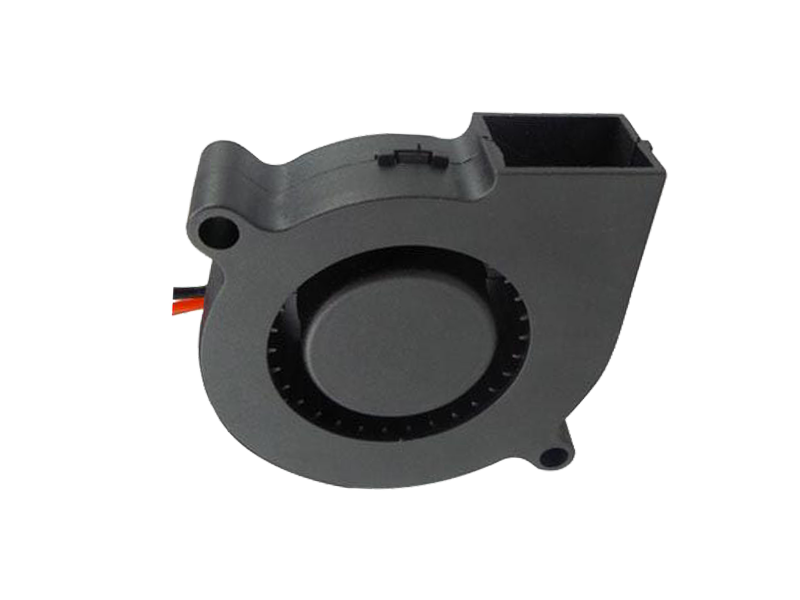With global decarbonization targets looming, industrial fans are being reengineered as critical levers for energy efficiency and circular economy practices. This article examines breakthroughs in waste heat recovery, eco-materials, and lifecycle management redefining the sector's environmental footprint.
2.1. Thermoelectric Harvesting: Turning Waste Heat into Power
Industrial exhaust air often carries significant thermal energy. New fan designs integrate thermoelectric generators (TEGs) into discharge plenums. A cement plant trial demonstrated 12 kW of recoverable power from a single 1.5m diameter fan—enough to offset 8% of auxiliary motor loads. The TEGs' bismuth telluride modules operate with zero emissions, creating a closed-loop energy circuit.
2.2. Bio-Based Composites: Fans That Compost
Traditional fan components contain 30-40% non-recyclable plastics. Innovators are now using mycelium-reinforced biopolymers for housing and hemp fiber/resin composites for blades. A Swedish packaging facility adopted such fans, achieving 92% end-of-life biodegradability while maintaining structural integrity. The materials' damping properties also reduced operational vibrations by 35%.
2.3. Circular Design Protocols: From Cradle to Reincarnation

Leading manufacturers are adopting "design for disassembly" principles. Modular fans use magnetic couplings instead of welds, enabling component-level recycling. A Japanese electronics plant reported 89% material recovery rate after decommissioning. Blockchain-based material passports track components through remanufacturing cycles, ensuring traceability for LEED certifications.
2.4. Acoustic Metamaterials: Silencing Giants Naturally
Industrial noise pollution impacts both workers and ecosystems. New fan designs incorporate metamaterial liners that absorb specific frequencies through subwavelength structures. A mining operation in Chile reduced ambient noise by 18 dB using such technology, complying with WHO guidelines without sacrificing airflow. The liners' 3D-printed ceramic matrices also resist corrosion from abrasive environments.
Conclusion
The greening of industrial fans represents a paradigm shift from linear consumption to circular stewardship. As thermoelectric harvesting democratizes waste energy capture and biomaterials redefine material flows, these devices are becoming climate action heroes. Future innovations may see fans acting as environmental sensors, continuously optimizing performance based on real-time pollution data—transforming them from silent workers into active ecological guardians.
Recommended Products

The main purpose:Car charging station

The main purpose:Car charging station

The main purpose:Electronic refrigerators, water dispensers, direct drinking machines, inverter power supplies
Address:No. 4137, Longgang Avenue (Henggang Section), Henggang Community, Henggang Street, Longgang District, Shenzhen
hotline:13530005572(Chen)15112579390(Li)


Welcome all friends to come for consultation and negotiation.
Copyright 2024 @ Shenzhen Youneng Xinyuan Electronics Co., Ltd.,(industrial fans,industrial blowers,axial fans,cooling fans manufacturer,centrifugal fans,ac cooling fans,dc cooling fans)